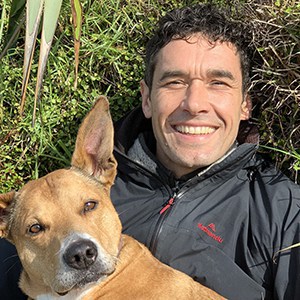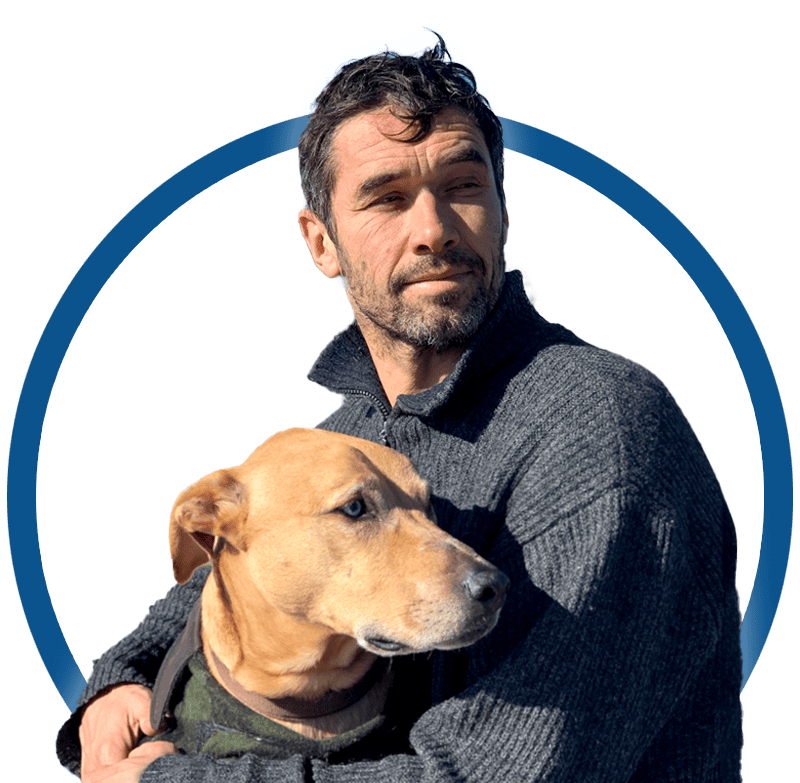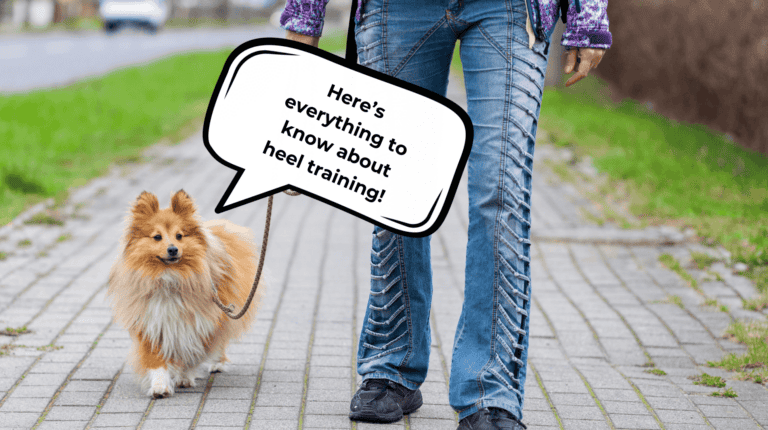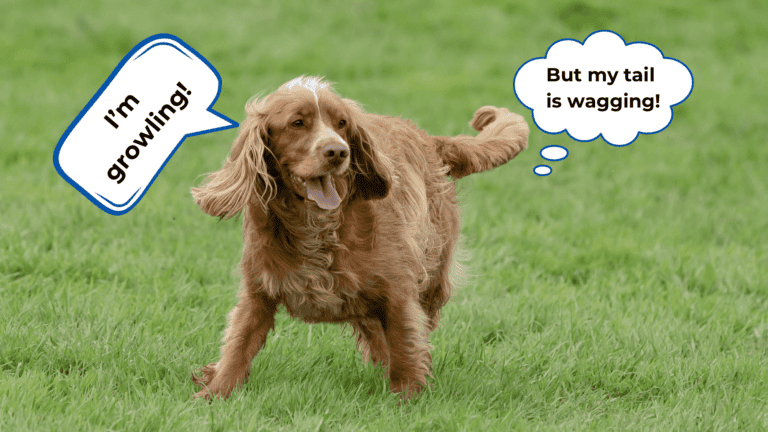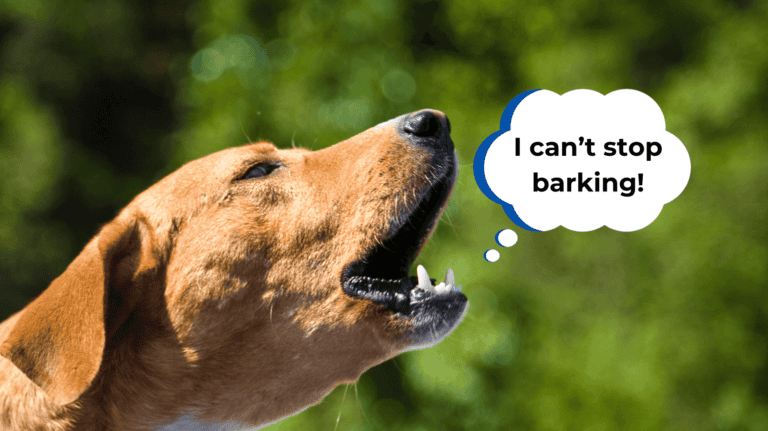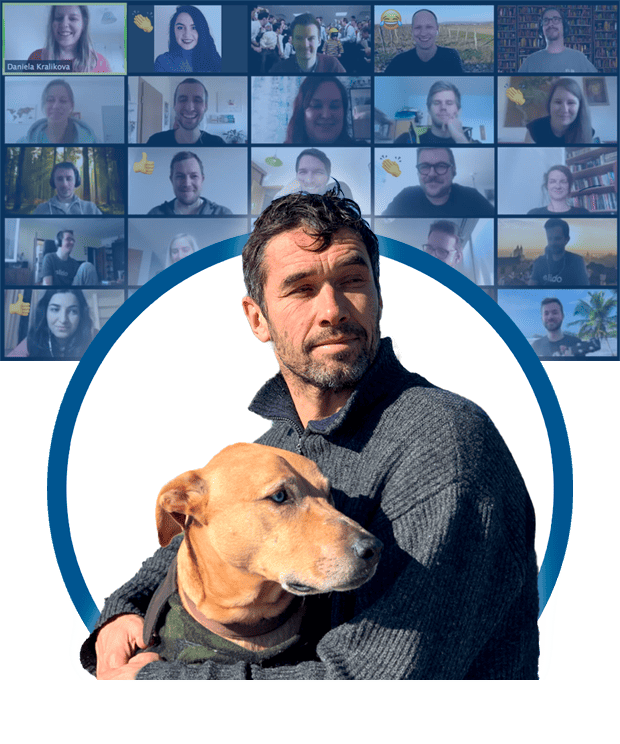Listen above or: iTunes / Spotify (Tap the subscribe button – it’s free and keeps you updated!)
Today’s Guest
Karen Anderson:
I’m so excited to introduce to you today’s guest, Karen Anderson, an award-winning animal communication expert and Pet Loss Specialist.
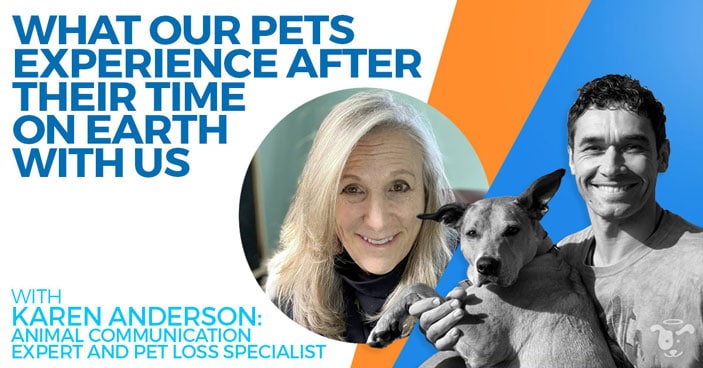
Karen’s incredible journey began when she was working as a deputy sheriff and was helped by various animal companions to find wanted criminals who were on the run.
Since this experience she’s written two bestselling and award-winning books, called the Amazing Afterlife of Animals and Hear All Creatures. Today, she’s a Pet Loss Specialist and offers animal communication courses for all levels, to unlock the door to your journey. And she's the founder and CEO of a nonprofit animal sanctuary, Painted Rain Ranch.
If you’re curious to hear Karen’s incredible stories and learn more about her work now as an animal communication expert and pet loss specialist, be sure to tune into my latest podcast!
You’ll Hear About
- [01:30] Who is Karen Anderson
- [05:00] The beginning: Karen's Deputy Career
- [07:00] The Cat By the Shed
- [10:30] Childhood Animal Communication Gifts
- [14:30] The Deer and the Logs
- [22:00] Peanut’s Story
- [26:30] The Root Of Dog Behavior Problems
- [31:30] Why All Dogs Should Be Followers
- [37:30] The Afterlife
- [47:30] Where to Access Karen's Pet Loss Specialist Teachings
- [50:10] Jack’s Story
How You Can Get Involved
If you’re grieving the loss of a pet then download Karen’s App: Pet Loss Hope & Healing.
Learn more about communicating with animals by reading her two books, The Amazing Afterlife of Animals, and Hear All Creatures.
Considering becoming an animal communicator yourself? Sign up to Karen’s course via her website.
Links & Resources
- Website: https://www.animalcommunicating.com/
- Facebook: https://www.facebook.com/KarenAndersonCoachAuthor/
- Twitter: https://twitter.com/TalksToPets
- YouTube: https://www.youtube.com/channel/UChOmcZsA09F0IAC8CB8W5fw
- LinkedIn: https://www.linkedin.com/in/karen-a-anderson-b395aa5/
- My blog post about how Jack responded when Peanut passed: https://theonlinedogtrainer.com/a-dogs-amazing-ability-to-understand-life-and-death/
Dogs seem to know… See Jack’s intuitive reaction to Peanut’s passing:
Learn more by tuning into the podcast!
Thanks for listening—and again, don’t forget to subscribe to the show on iTunes / Spotify to get automatic updates.
Cheers,

~Doggy Dan


